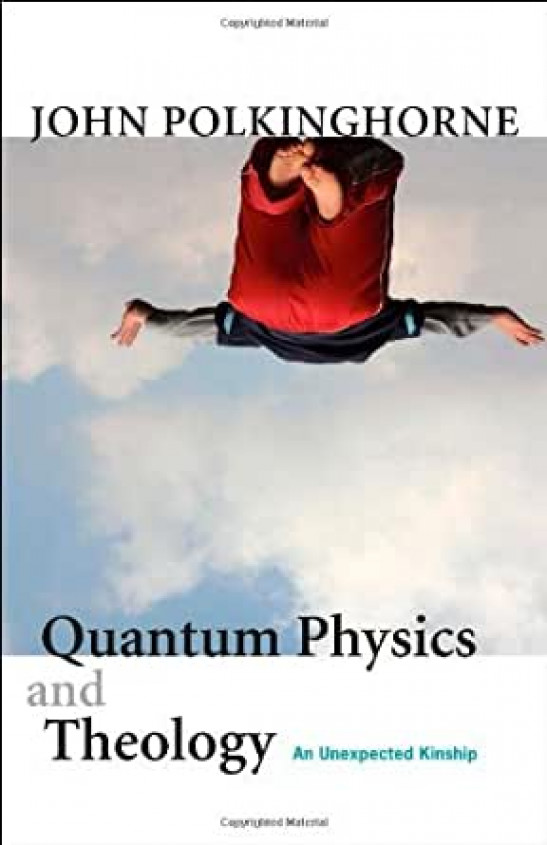Product Details:
- Publisher : Yale University Press (February 19, 2008)
- Language : English
- Paperback : 112 pages
- ISBN-10 : 0300138407
- ISBN-13 : 978-0300138405
- Item Weight : 4.8 ounces
- Dimensions : 8.2 x 5.5 x 0.4 inches
| Pages | 112 |
| Isbn 10 | 0300138407 |
| Isbn 13 | 978-0300138405 |
| Books format | Paperback |
| Author | John Polkinghorne |
| Publisher | Yale University Press (February 19, 2008) |
| Publish date | February 19, 2008 |
| Language | English |

Quantum Physics and Theology: An Unexpected Kinship
Despite the differences in their subject matter, science and theology have a cousinly relationship, John Polkinghorne contends in his latest thought-provoking book. From his unique perspective as both theoretical physicist and Anglican priest, Polkinghorne considers aspects of quantum physics and theology and demonstrates that the two truth-seeking enterprises are engaged in analogous rational techniques of inquiry. His exploration of the deep connections between science and Christology shows with new clarity a common kinship in the search for truth. Among the many parallels he identifies are patterns of historical development in quantum physics and in Christology; wrestling with perplexities such as quantum interpretation and the problem of evil; and the drive for an overarching view in the Grand Unified Theories of physics and in Trinitarian theology. Both theology and science are propelled by a desire to understand the world through experienced reality, and Polkinghorne explains that their viewpoints are by no means mutually exclusive.
Three decades ago, federal policymakers - Republicans and Democrats - embarked on a general strategy of deregulation. In the electricity, gas delivery, and telecommunications industries, the strategy called for restructuring to separate production from transmission and distribution, followed by elimination of price controls. The expected results were lower prices and increased quality, reliability, and scope of services. Paul MacAvoy, an economist with forty years of experience in the regulatory field, here assesses the results and concludes that deregulation has failed to achieve any of these goals in any of these industries. MacAvoy shows that we now have only partial deregulation, a mixture of oligopoly structure with direct price control. He explores why this system leads to volatile and high prices, reduced investment, and low profitability, and what policy actions can be implemented to address these problems.

